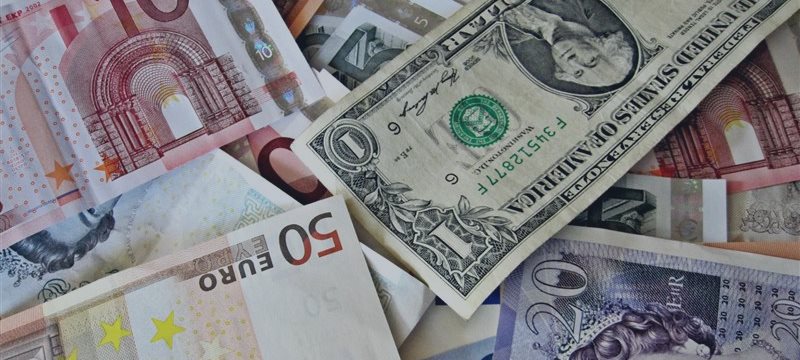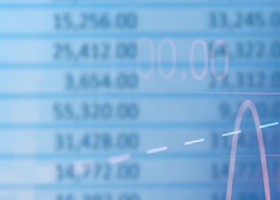
The greenback has dropped 3.6 percent against the euro since touching a
12-year high last month amid speculation the Federal Reserve will delay
raising interest rates - in part because the dollar’s strength is
hurting U.S. economic growth.
That concern is exaggerated, according to ING Groep NV, which tops Bloomberg’s rankings of foreign-exchange analysts.
“The market is now pricing in a very subdued pace of the tightening
cycle - we disagree,” Petr Krpata, a foreign-exchange strategist at ING
in London said to Bloomberg.
“We just see the latest correction as a perfect opportunity to get into the trade again.”
The greenback has surged against all of
its major peers since mid-2014 even with the recent reversal, as the Fed’s plans to raise interest
rates attracted cash to the U.S., at the same time that central banks
from Europe to Japan boosted their stimulus.
That surge was halted when Fed officials cut their forecasts for rate increases last month and alluded to the currency’s drag on exports.
The group considers that the stronger dollar doesn’t necessarily have to change the U.S. economic prospect, as exports account for only 14 percent of the American economy.
ING sees the Fed raising rates this year even after an April 3 report
showed the U.S. added the fewest jobs last month since December 2013.
That makes buying the dollar versus the euro the best play in currency markets, according to the Amsterdam-based bank. The bank was among the first to say that the dollar will strengthen to parity by mid-year forecasting that it will reach 95 cents by Dec. 31.
Credit Suisse analysts stick to the same opinion and predict the dollar will reach
parity with the euro by the end of this year. The body sees
the Fed raising rates in June even despite job market cooling.
“You need to see a lot of more these negative signs before the whole story changes,” Alvise Marino, an emerging-markets currency strategist at Credit Suisse in New York, said to Bloomberg. The dollar will climb as “the main trading partners of the U.S. are all easing.”


